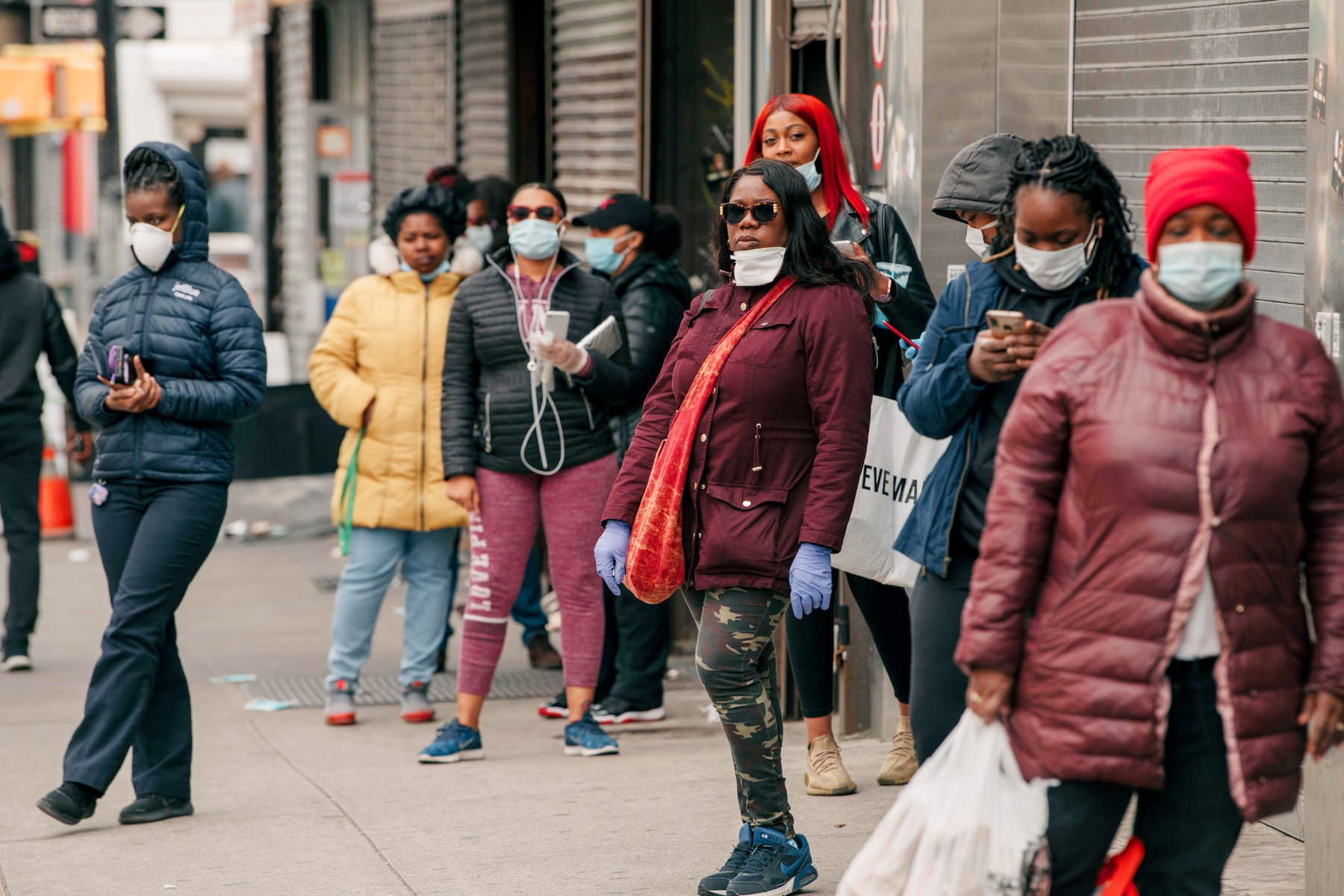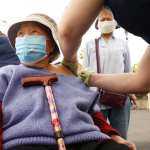Despite broad understanding that more men are dying of COVID-19, Black women in the United States are dying at a higher rate than any other group other than Black men, according to a new study published Monday. The analysis, which researchers say is the first to examine the race and gender of those dying from COVID, has spotlighted some of the gaps in data and research into what is causing disparities.
“This analysis complicates the simple narrative that men are dying at greater rates of COVID-19 than women,” Tamara Rushovich, Harvard doctoral candidate and lead author of the study, said in a statement.
The study, published in the Journal of General Internal Medicine by Harvard GenderSci Lab, found that Black women are dying of coronavirus at three times the rate of both White and Asian men in Georgia and Michigan. Black men had far higher mortality rates than any other race or gender group.
Researchers found that the COVID mortality disparity between Black women and White women is larger than between White men and White women. In addition, the disparity between Black men and women is larger than between White men and women.
Many researchers focus on differences in biology to explain the differing mortality rates across gender lines, but this study challenges that focus and interest. These results show that differences across race and gender cannot fully be explained by genetic differences. There are social factors involved, and racial differences were interpreted as a “marker of historical and ongoing oppression of communities and individuals.”
The researchers examined census data and publicly available COVID-19 mortality data through September 21, 2020, from Michigan and Georgia — the only two states that reported disaggregated age, race and sex information.
Sarah Richardson, a professor of the history of science at Harvard and director of the university’s GenderSci Lab, said it was “astonishing” that so few states were tracking the race, gender and age of COVID-19 victims. It wasn’t even possible for the researchers to analyze Latinx populations because Georgia and Michigan did not report ethnicity separate from race at the time. (Georgia has since started reporting both.) More comprehensive data collection is urgently needed, she said.
“This type of study helps target vulnerabilities that are invisible if you look only at race differences and only at sex differences,” Richardson said, who said the analysis has been ready for months but a lack of interest from the scientific community kept it from being published.
Occupation and access to health care, for instance, are structural factors that likely contribute to mortality disparities. Women constitute more than 60 percent of the workforce in health care support, practitioners, personal care and social service essential jobs, according to the study. Black workers disproportionately represent public-facing jobs in the health care, transportation and service industries. There is also an overrepresentation of Black women working as nursing assistants and home health aides — jobs in which the potential for exposure is high.
In addition, mass incarceration disproportionately impacts Black men and women, worsens overall health and increases risk of contracting the virus in the high-density detention facilities.
“The COVID-19 pandemic did not create these inequities,” Richardson said. “It only made them newly visible. The pattern here shows Black men have the worst outcomes, followed by Black women, then White men and White women.”
As the country distributes vaccines, Richardson said she hopes this study will help inform public health authorities and policymakers how to put “special effort and concern” in ensuring access to these lifesaving technologies.
Recommended for you
From the Collection







